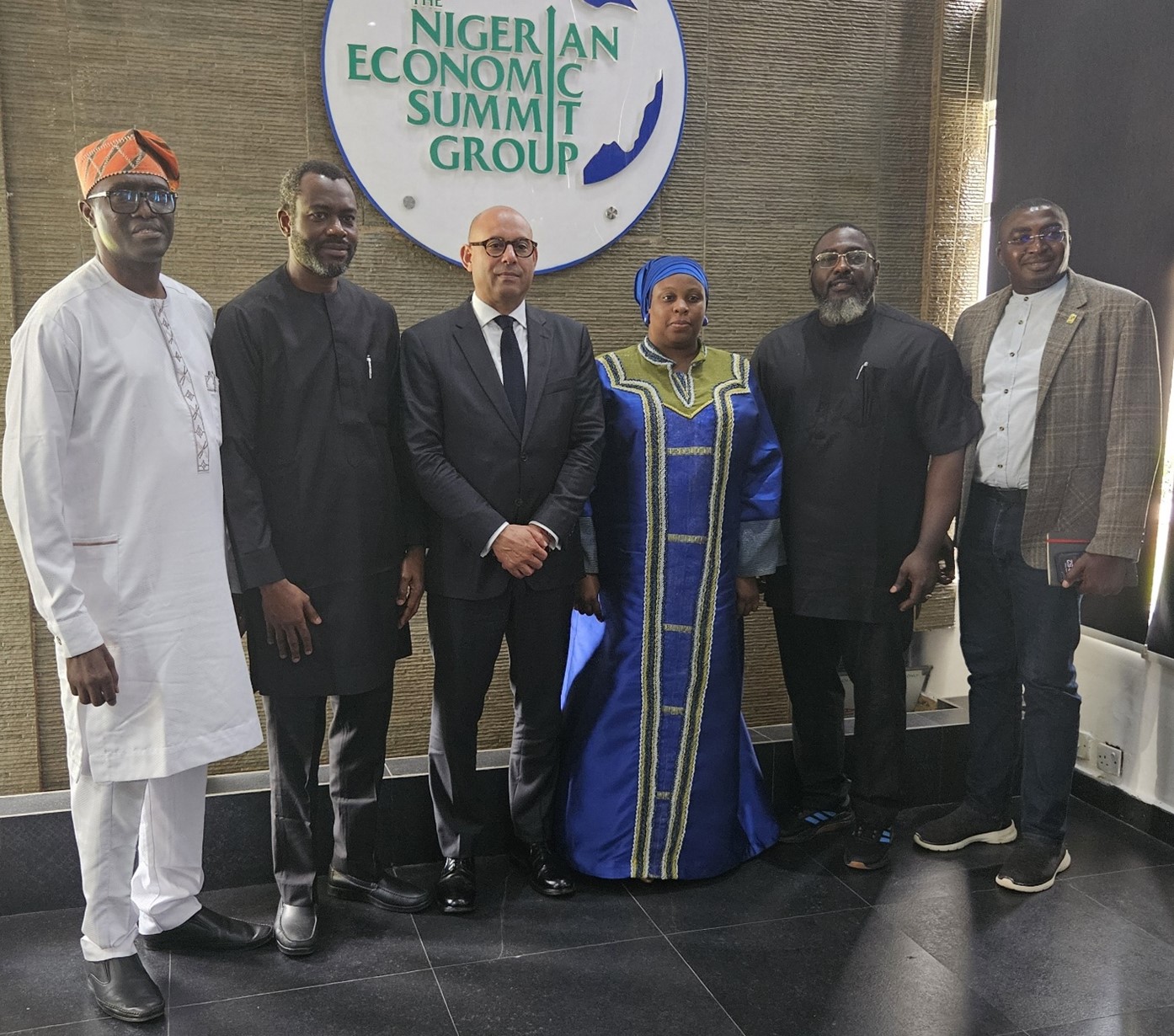
The main thrust for forestry development and natural resources conservation is to provide the policy framework for the sustainable utilization and management of forest resources nationwide as well as ensuring that available natural resources are utilized sustainably. Equally important is the evolution of programmes and strategies for the rational use, management and conservation of the nation’s natural resources.
HISTORICAL BACKGROUND
The Federal Department of Forestry was established in 1970 to coordinate forestry and conservation activities throughout the country. Its functions are to initiate and formulate national forest policy and foster forestry and environmental development, promote and fund projects of national interest, coordinate and monitor Federal Government/donor supported forestry and conservation initiatives in the States as well as ensuring institutional development.
The Department was transferred from the Federal Ministry of Agriculture and Rural Development to the Federal Ministry of Environment in 1999 by a Presidential directive.
VISION
To ensure that 25% of the total land area of Nigeria is brought under sustainably managed forest cover aimed at producing forest resources (flora and fauna) in perpetuity and foster environmental stability.
MISSION
To employ sound forest management principles and practices and initiate or develop appropriate forestry development programmes, policy and legislation in partnership with relevant stakeholders (national and international) using its abundant human and material resources.
MANDATES
The Department on transfer to the Ministry of Environment was restructured with the following mandates:
- Advising the Federal Government on forestry development as well as liaising with the States Forestry Services;
- Ensuring the application of sound and efficient forest management systems for the sustainable production of forestry goods and services;
- Coordination of activities/issues pertaining to conservation, protection, utilization and renewal of the forest resources.
- Coordinating collaborations with international organizations on forestry matters;
- Disseminating technical and professional information as well as organising national and international assistance;
- Formulation of national Forestry, Conservation and Wildlife Policies and Legislations;
- Promoting and enhancing the development of forestry management capacities in Nigeria;
- Providing extension and advisory services to the States for the improvement and promotion of forestry;
- Coordination of conservation and sustainable utilization of biological resources;
- Assisting to monitor, evaluate and appraise forestry and conservation projects throughout the country and the Management of Forestry/Conservation Information and Data Bases;
- Manpower development and Training/ Capacity Building;
- Promoting Research and Development;
- Natural Resources Assessment and Auditing;
- Enforcement of Forestry, Conservation and Wildlife legislations;
- Linkages with relevant sectors of the economy on cross cutting issues;
- International Cooperation on Agreements, Conventions and Treaties that Nigeria is party to, and
- Other emerging Forestry and Conservation issues (e.g. Climate Change, Bio-energy, etc)
ORGANIZATIONAL STRUCTURE OF THE DEPARTMENT
The Department is organized into six divisions for effective implementation of its mandates. The divisions are as follows:
- Forest Management;
- Forest Resources Assessment;
- Forest Product Utilization;
- Agro – Forestry & Extension
- Forest Conservation;
- Wildlife Management.
NATIONAL FORESTRY DEVELOPMENT COMMITTEE;
The National Forestry Development Committee (NFDC) is the highest technical committee that acts in an advisory capacity to government on all forestry matters in Nigeria. Membership comprises of Federal Director of Forestry as Chairman, States Directors of Forestry, Executive Director of the Forestry Research Institute of Nigeria, the Conservator-General of the National Parks Service and Heads of Forestry Departments in Universities. The Forestry Association of Nigeria (an NGO) is also a member of the Committee. In view of the strategic importance of the Committee to forestry development in Nigeria, modality for the regular meetings of NFDC should be mainstreamed into the budgetary process of the Department and or as component of the National Tree Planting Campaigns.
It should be noted that the NFDC is the Technical Sub-Committee of the National Council on Environment on forestry matters. All decisions of NFDC must therefore be ratified by NCE before it can become a policy statement applicable in the country.
POLICY AND LEGISLATION
A new National Forest Policy was approved by the Federal Executive Council in June 2006 and ratified/endorsed by the National Economic Council (NEC) in October 2008 to be domesticated by all the States in Nigeria. The major thrust of the policy is geared towards poverty reduction, promotion of food security, environmental and biodiversity conservation in addition to sustainable production of wood and non-wood products (non-timber forest products).
The policy is also to be backed up by the enactment of the first ever National Forest Legislation. The draft National Forestry Act has been forwarded to the Federal Ministry of Justice for fine-tuning. The States are encouraged to use these two forest management tools as models in reviewing their respective state forest policy and legislation

